Theresa May has pledged to give tenants access to the government’s new rogue landlord database after a Guardian and ITV News investigation revealed that not a single name had been entered into the system in more than six months since its launch – and that even when landlords’ names were listed, the public would not be allowed to see them.
In a swift U-turn, the prime minister’s official spokesman said on Wednesday: “Our rogue landlord database has only been in place since April and has been warmly welcomed by councils as an important enforcement tool.
“As we have said, only offences committed from April this year can be included, and it can take several months to secure convictions. We are clear that we expect to see entries in the database from the new year. We also intend to make information in the database available to prospective and existing tenants.”
The government estimated before the launch of the database that there were 10,500 rogue landlords operating in England, and said it expected more than 600 of the worst offenders to be entered into the system.
Before the change in policy, the contents of the database had been planned to be kept secret from the public. The government said it was “not in the public interest” to explain why that decision had been made.The secrecy and sparsity of the central government rogue landlord database had contrasted sharply with a separate project run by the mayor of London’s office. The mayor, Sadiq Khan, said the capital’s online “rogue landlord checker” was available to all Londoners and had received more than 1,000 entries from local authorities, although only around 300 are currently viewable as entries expire after a year.
He said: “Millions of renters have to put up with totally unacceptable conditions and the government is failing to do what’s necessary to overhaul the outdated system. The government must step up to help renters.”
The central government system also possesses much tougher rules for local authorities to enter records of rogue landlords, and some housing experts wonder how many names will eventually make it into the system.
John Healey, the shadow housing secretary, said: “It beggars belief – six months after its launch – that none of the more than 10,000 rogue landlords ministers said should be named and shamed have yet been put on their database.
“It’s not just renters who lose out when the minister lets landlords off the hook. Taxpayers pay the price too, when millions are being spent on housing benefit to bad landlords letting dangerous accommodation.”
The prime minister’s announcement, which did not give a time frame for the move, came as the government’s efforts to police rogue landlords were branded weak following further revelations that found convicted landlords were continuing to operate by exploiting loopholes in the law, which is supposed to protect the most vulnerable tenants.
The Guardian and ITV News revealed on Tuesday that rogue landlords were collecting rent, often funded by taxpayers via housing benefit, despite convictions for housing offences and failing to pass the “fit and proper” person tests required by housing legislation in England and Wales. Because of the way the law is written, this is usually perfectly legal.
The Liberal Democrat leader, Vince Cable, said: “It is clear from this investigation that this legislation is too weak and is not being properly enforced. There’s no justification for treating rogue landlords more lightly than other people who break the law.”
Julie Rugg, a senior research fellow at the University of York’s Centre for Housing Policy, has suggested that the government should rewrite housing legislation from scratch, while a landlord trade body called on Wednesday for a thorough overhaul of the current system.
The Residential Landlords Association said councils should use existing powers to ask tenants in rented homes to identify their landlord on their council tax returns, to help prevent rogue landlords from evading scrutiny. The trade body also said that a new housing court should be established to more quickly and effectively deal with cases.
While there are numerous pieces of legislation that could be used against rogue landlords, critics say the law contains loopholes and that councils do not always have the resources to effectively enforce.
According to the tax and spending thinktank IFS, overall local authority housing budgets are down 53% in real terms between 2009-10 to 2017-18, having dropped from £3.2 billion to £1.5 billion in 2017-18 prices.







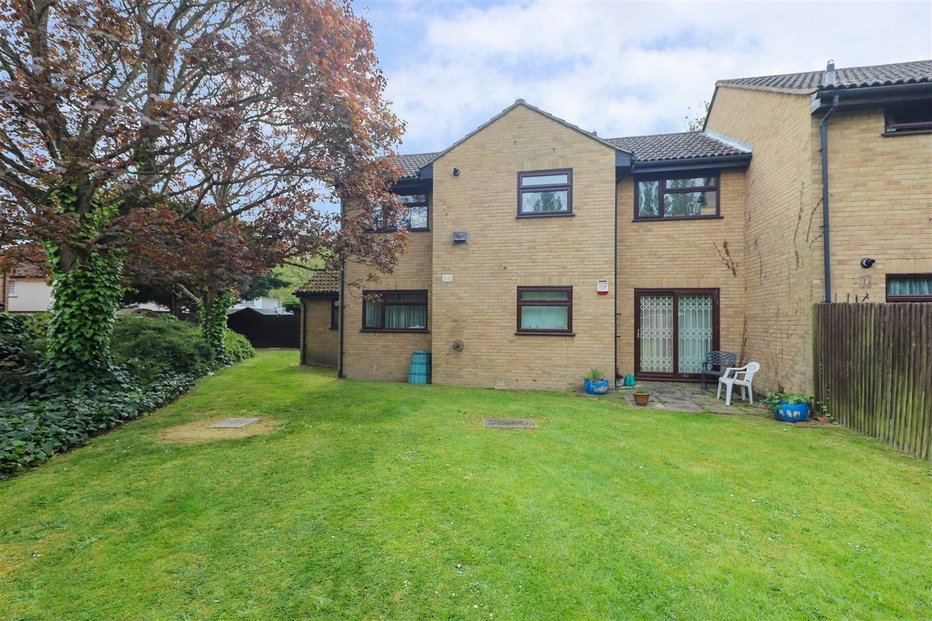
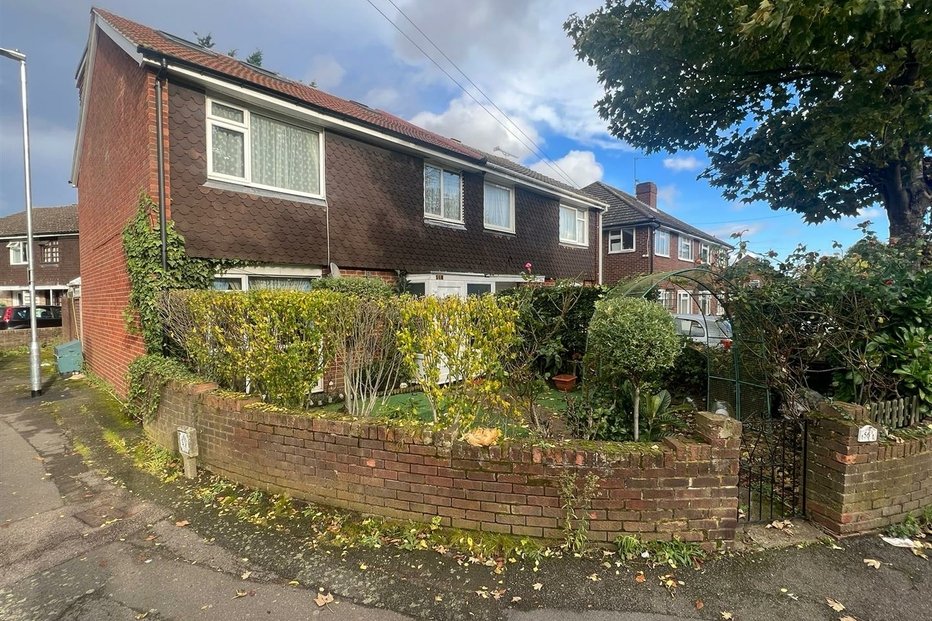
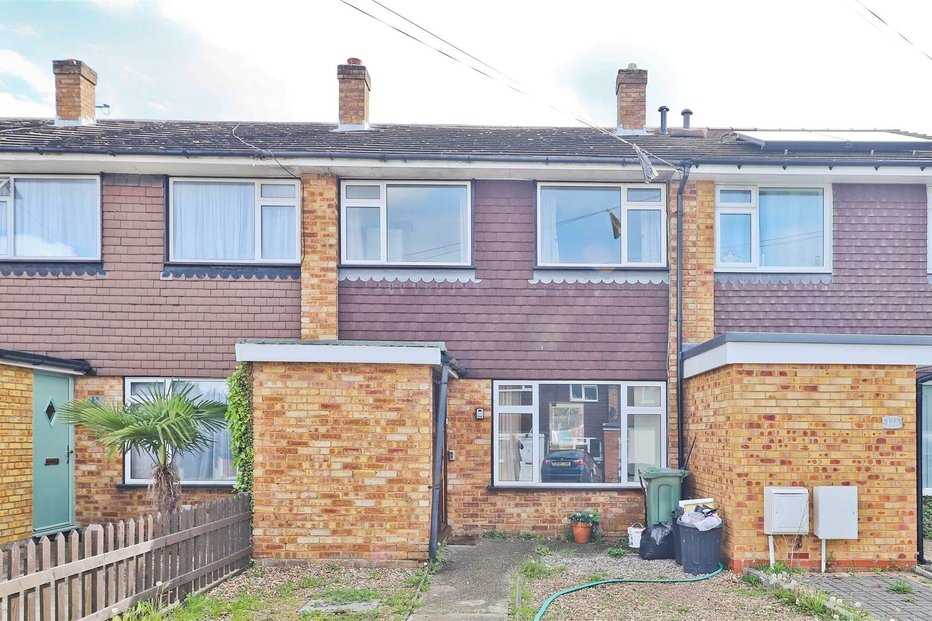

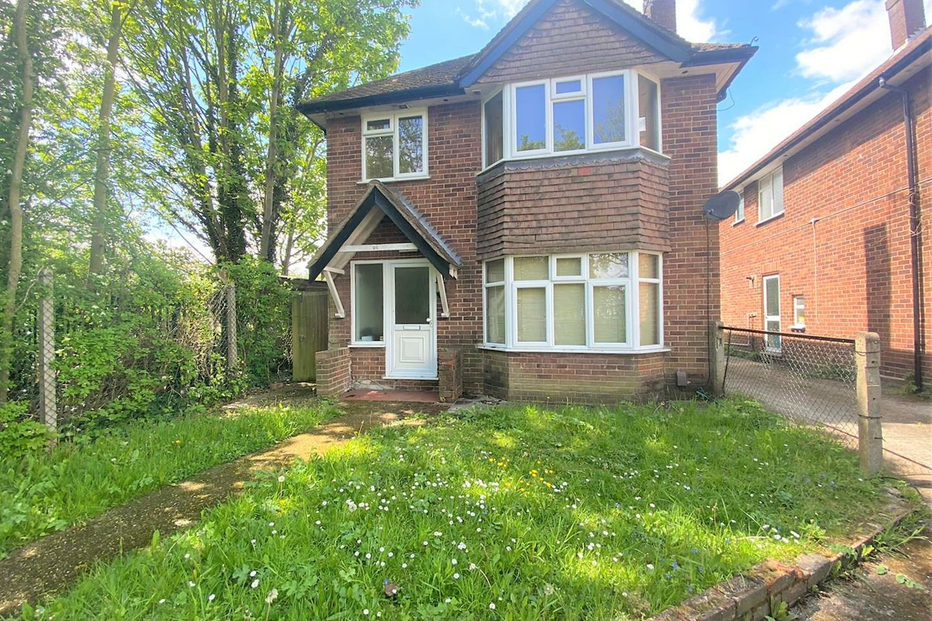
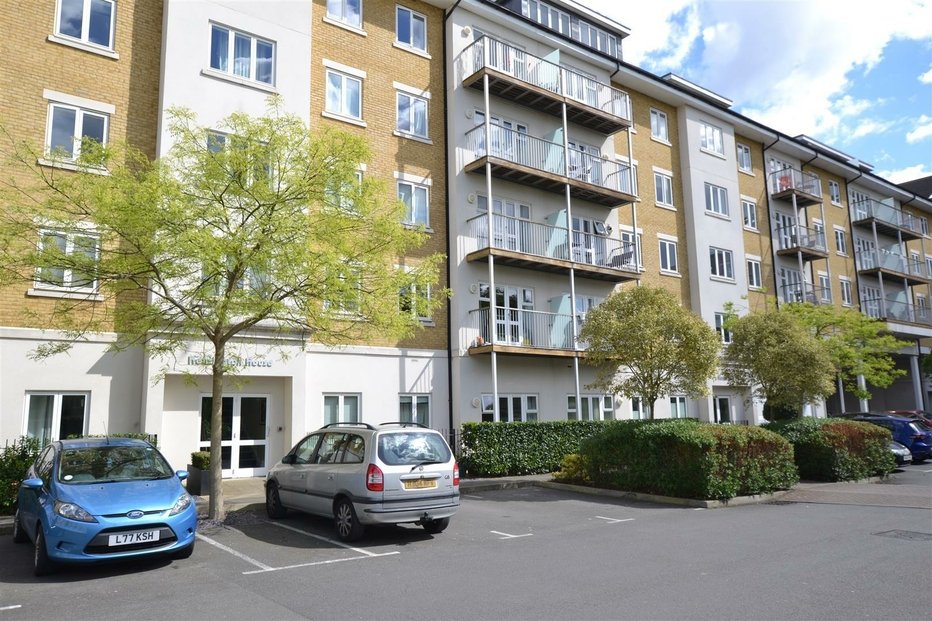



Having bought through Cameron, i felt they kept me update to date with everything that was going on. There was no hassle arranging viewings, and they helped me all the way through the process. Good, efficient service. Will definitely recommend!
... read more